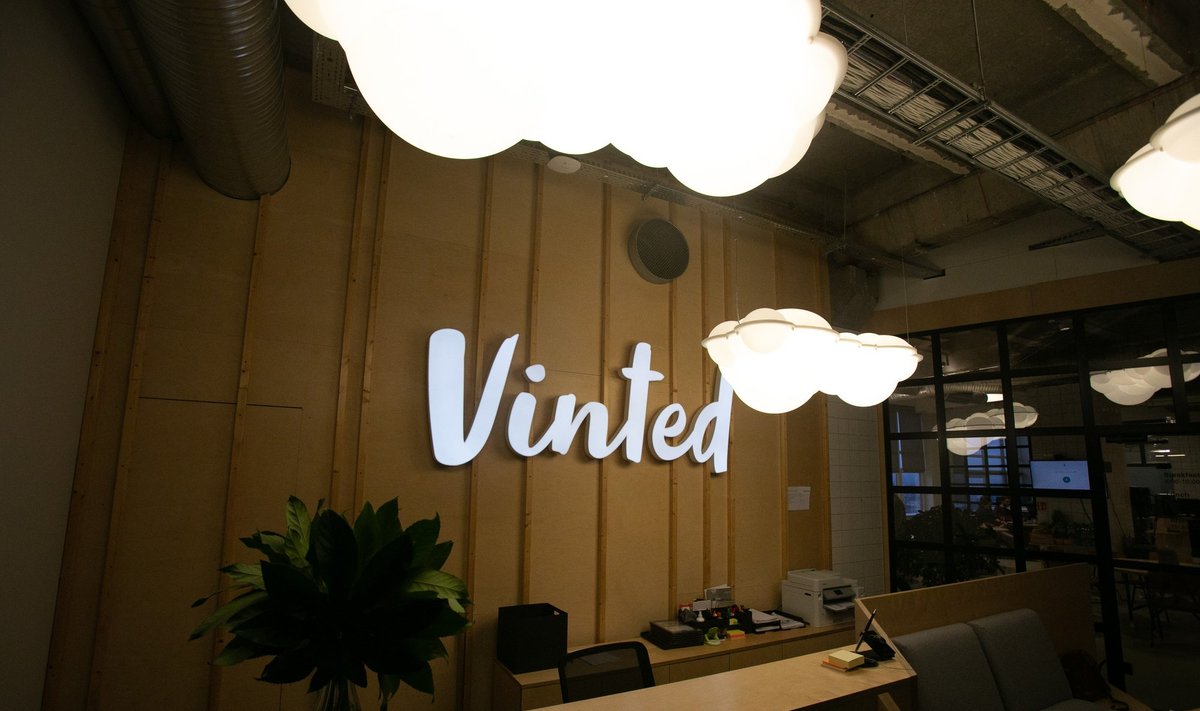"The year was unambiguously good. It's the continuation of previous work. Everyone will remember the last year as that year we got the first unicorn. But let's acknowledge that it was the result of work that lasted several years," Tadas Povilauskas of SEB told BNS.
Roberta Rudokiene, head of Startup Lithuania, an agency promoting the development of the startup ecosystem, says that Vinted becoming a unicorn, a company worth more than 1 billion euros, will be a great starting point for the whole system.
"We believe that it will be a great starting point for the very ecosystem, an example of the success that acts as an impetus for others," Rudokiene told BNS.
Tomas Okmanas, a co-founder of Tesonet, one of the biggest Lithuanian startups providing cybersecurity solutions, says the Vinted example will inspire the whole startup community.
Asked which company could become Lithuania's next unicorn, experts and analysts mentioned Tesonet and car-sharing platform CityBee. The latter's value reached 300 million euros in January 2019, and Tesonet does not disclose its value officially as the company does not attract investors' funds.
Rudokiene says those involved in the startup ecosystem most often mention Tesonet.
"Everyone mentions Tesonet, and it's hard to identify others as everything depends on their success. It's more likely that someone might shoot up after attracting funds," the Startup Lithuania head said.
"From what I hear, these two (Tesonet and CityBee – BNS) are the most realistic contenders. They generate quite a lot of revenue. Just take a look at Tesonet as it has around 500 people. These startups are becoming increasingly more known in the labor market as employers and those spreading good culture," Povilauskas said.
Tesonet itself says the unicorn title would not be an objective for the company as it does not attract investment.
"Tesonet has not had any external investment, so such a title would probably not be the key goal. We in fact view product development as our main thing and we are working on new products," Okmanas said.
The past year was important for the startup ecosystem also because of the first fintech startup, NEO Finance, entering the Nasdaq Vilnius Stock Exchange. Its board chairman Evaldas Remeikis says the move to go public really served its purpose.
"One can have very different goals when going public. We did that for transparency and reliability as we are a financial institution, our consumers invest via the platform and deposit funds, and we really need to ensure reliability and transparency for investors' money to be safe," Remeikis told BNS.
Lithuania's former Economy and Innovation Minister Virginijus Sinkevicius set a goal of having 1,000 startups in Lithuania in 2020. Figures from Startup Lithuania show there are 933 startups in Lithuania now, so the goal is not that far.
